A Russian court convicted imprisoned opposition leader Alexei Navalny on charges of extremism and sentenced him to 19 years in prison on Friday. Navalny is already serving a nine-year term on a variety of charges that he says were politically motivated.
The new charges are related to the activities of Navalny`s anti-corruption foundation and statements by his top associates. It was his fifth criminal conviction and his third and longest prison term — all of which his supporters see as a deliberate Kremlin strategy to silence its most ardent opponent.
Russian state news agencies said he would serve this new term concurrently with his current sentence on charges of fraud and contempt of court. Navalny`s spokeswoman Kira Yarmysh told The Associated Press it`s the most likely scenario but that his team has not seen the text of the verdict yet.
The prosecution had demanded a 20-year prison sentence, and Navalny said beforehand that he expected to receive a lengthy term.
He was also sentenced in 2021 to two and a half years in prison for a parole violation. The extremism trial took place behind closed doors in the penal colony east of Moscow where Navalny is imprisoned.
Navalny appeared in the courtroom wearing prison garb and looking gaunt, but with a defiant smile on his face. As the judge read out the verdict, the politician stood alongside his lawyers and his co-defendant with his arms crossed, listening with a serious expression on his face.
It took the judge less than 10 minutes to announce the verdict and the sentence — something that in Russia usually takes hours and even days. The hearing was broadcast to reporters in a separate room, but the judge`s speech was barely audible.
Navalny commented on the sentence in a social media post, presumably relayed through his team, saying that "the number doesn`t matter."
"I understand perfectly that, as many political prisoners, I`m serving a life sentence, which is measured by the length of my life or the length of life of this regime," Navalny said, urging his supporters "not to lose the will to resist" in the wake of his sentence.
Yarmysh confirmed the verdict to the AP, adding that Navalny was also ordered to pay a fine of 500,000 rubles (about $5,200). She said that Navalny feels optimistic despite the harsh sentence, and "absolutely believes in what he`s doing," adding that "it certainly helps him cope with all that and keep doing what he`s doing."
The U.S. State Department condemned Navalny`s new sentence as "an unjust conclusion to an unjust trial" and called for his immediate release.
"For years, the Kremlin has attempted to silence Navalny and prevent his calls for transparency and accountability from reaching the Russian people," it said. "By conducting this latest trial in secret and limiting his lawyers` access to purported evidence, Russian authorities illustrated yet again both the baselessness of their case and the lack of due process afforded to those who dare to criticize the regime."
The 47-year-old Navalny is President Vladimir Putin`s fiercest foe and has exposed official corruption and organized major anti-Kremlin protests. He was arrested in January 2021 upon returning to Moscow after recuperating in Germany from nerve agent poisoning that he blamed on the Kremlin.
Navalny`s allies said the extremism charges retroactively criminalized all of the anti-corruption foundation`s activities since its creation in 2011. In 2021, Russian authorities outlawed the foundation and the vast network of Navalny`s offices in Russian regions as extremist organizations, exposing anyone involved to possible prosecution.
U.N. human rights chief Volker Türk said Navalny`s new sentence "raises renewed serious concerns about judicial harassment and instrumentalisation of the court system for political purposes in Russia" and called for his release.
One of Navalny`s associates, Daniel Kholodny, stood trial alongside him after being relocated from a different prison. His lawyer told the independent Novaya Gazeta newspaper that Kholodny was sentenced to eight years in prison.
Navalny rejected all the charges against him as politically motivated and accused the Kremlin of seeking to keep him behind bars for life.


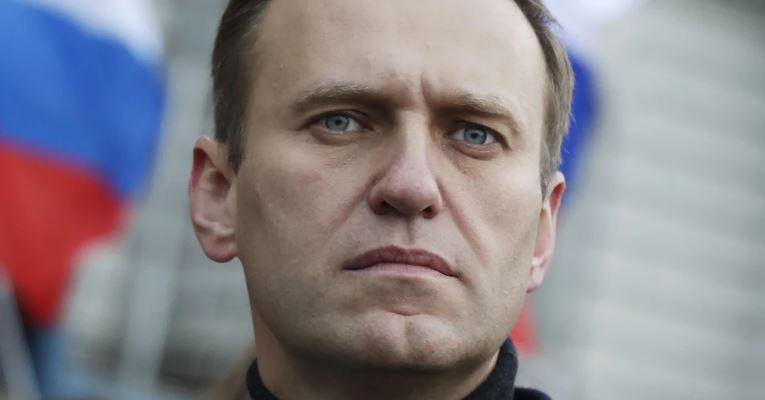


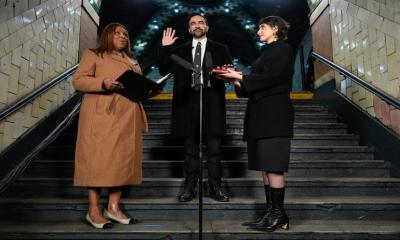

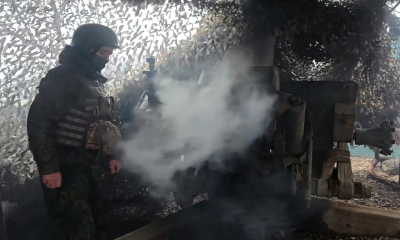
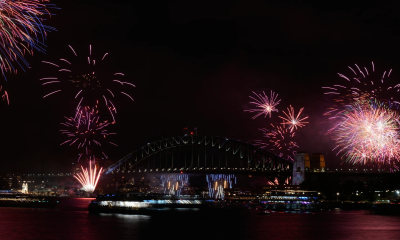
-20251231082350.webp)

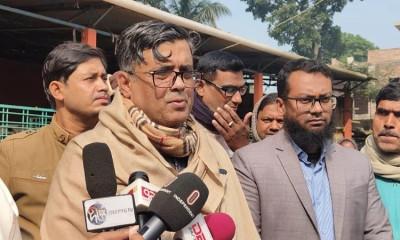

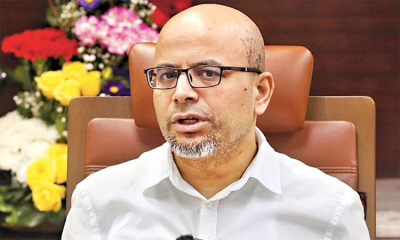

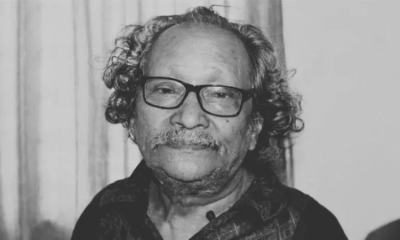
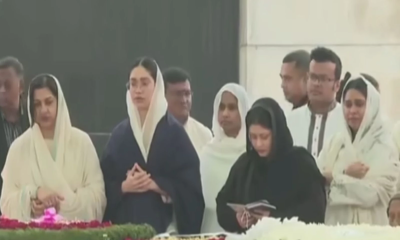
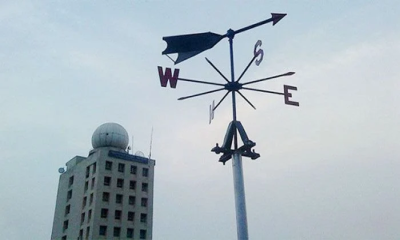
-(2)-20260102070806.jpeg)
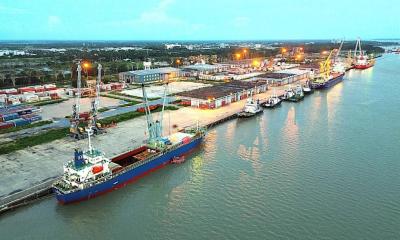

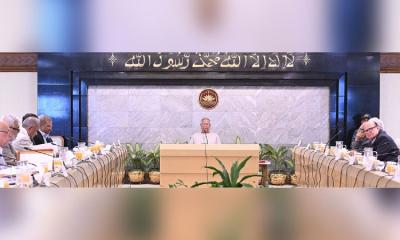
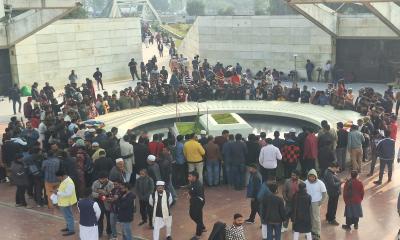
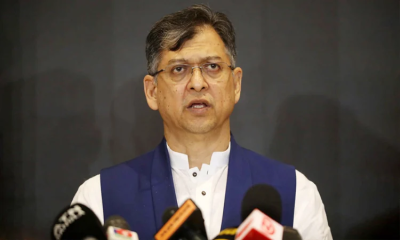
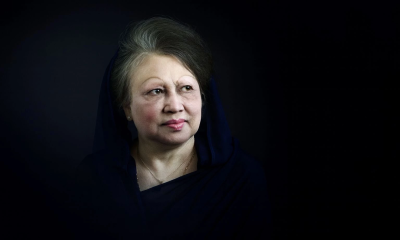
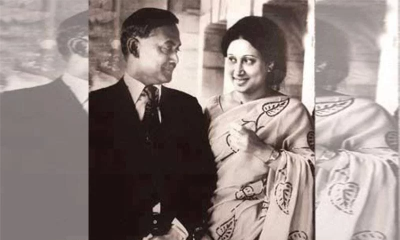
-20251227141313.jpeg)
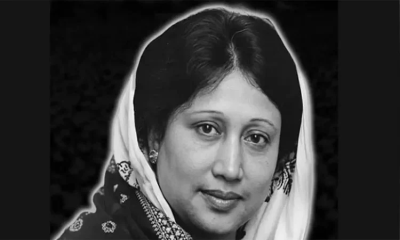



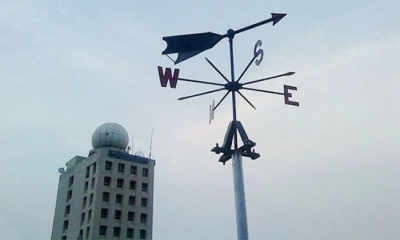

-20251229113834.jpg)
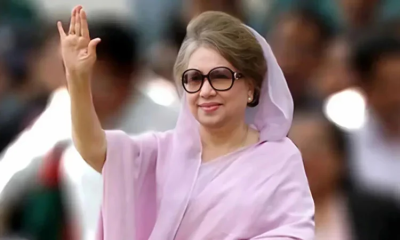

-20251228081840.jpeg)
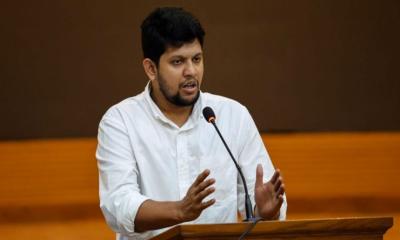
-20251228081915.jpg)